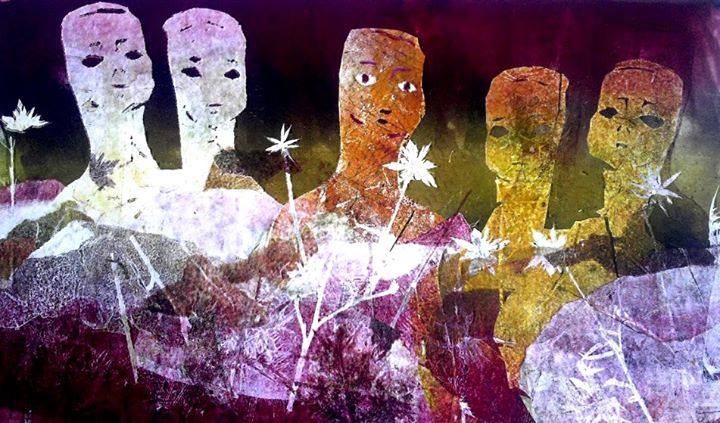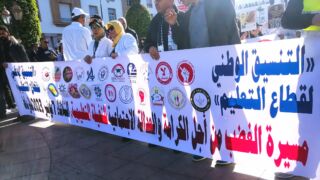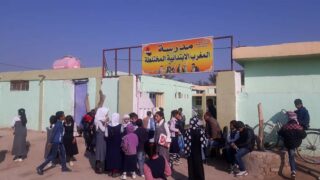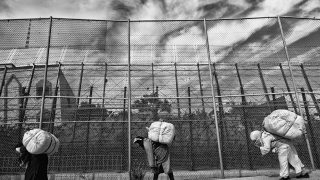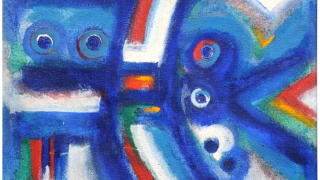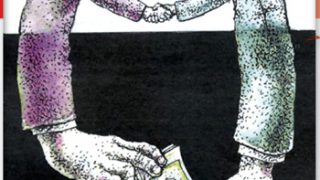Ahmad Raissouni, noted Moroccan Islamic scholar and preacher, issued a fatwa (religious edict) banning fighting the Islamic State. Raissouni is the founder of the Movement of Unity and Reform, the organization that gave birth to the Justice and Development Party that currently heads the Moroccan government. So how do we respond to his fatwa? Discussing whether it is right or wrong according to Islam is not the job of sociologists but rather of Islamic thinkers.
Sociologists, on the other hand, are tasked with analyzing and explaining such fatwas and this is much more complex.
Prohibition fatwas aim at the prevention of vice.
And as Abdallah Laraoui, the prominent Moroccan thinker and intellectual, puts it: “the prevention of vice disguises a condemnation of the ruler” for failing in his job. This requires the issuing of a fatwa by the scholars to warn the lax ruler. Laraoui’s assessment reveals the political dimension of the fatwas. To apply this analysis to the specific fatwa of Raissouni, the question that begs to be asked is: will the Moroccan pilots obey the orders of the Supreme Commander of Armed Forces, King Mohammed VI, or the fatwa of the prominent Islamic scholar, Ahmad Raissouni?
Moroccan pilots participating in the international coalition against IS contemplate this pressing question as they watchtheir Jordanian counterpart, Muath al-Kasasbeh, being burnt alive. This gives rise to another, suppressed question regarding the influence of Islamists within the Moroccan army.

